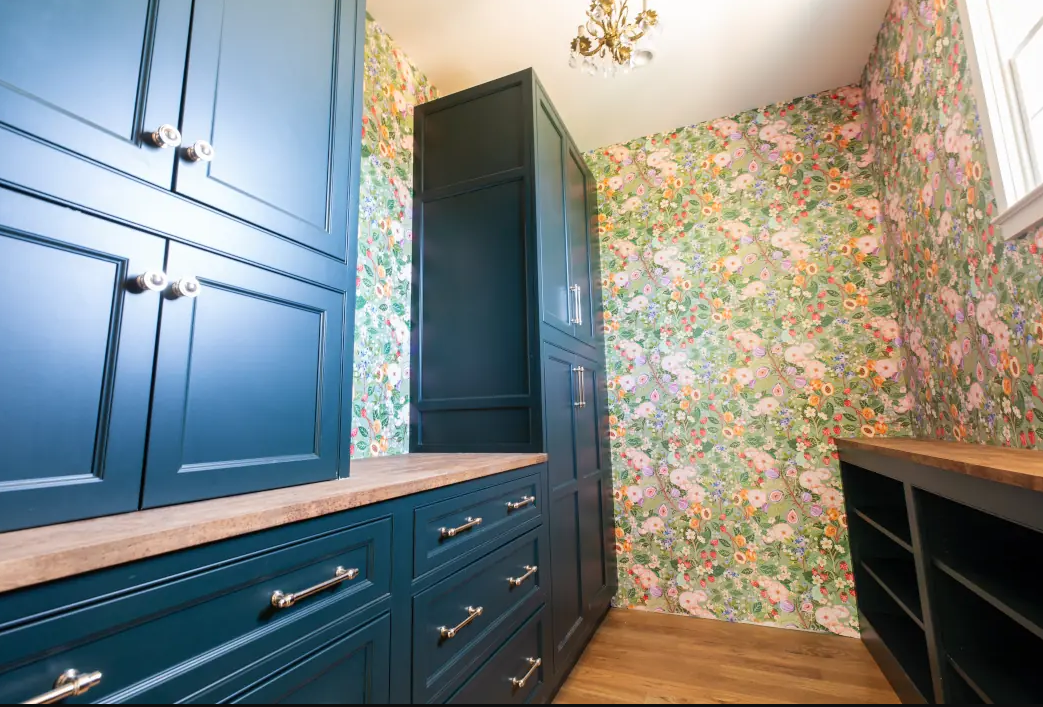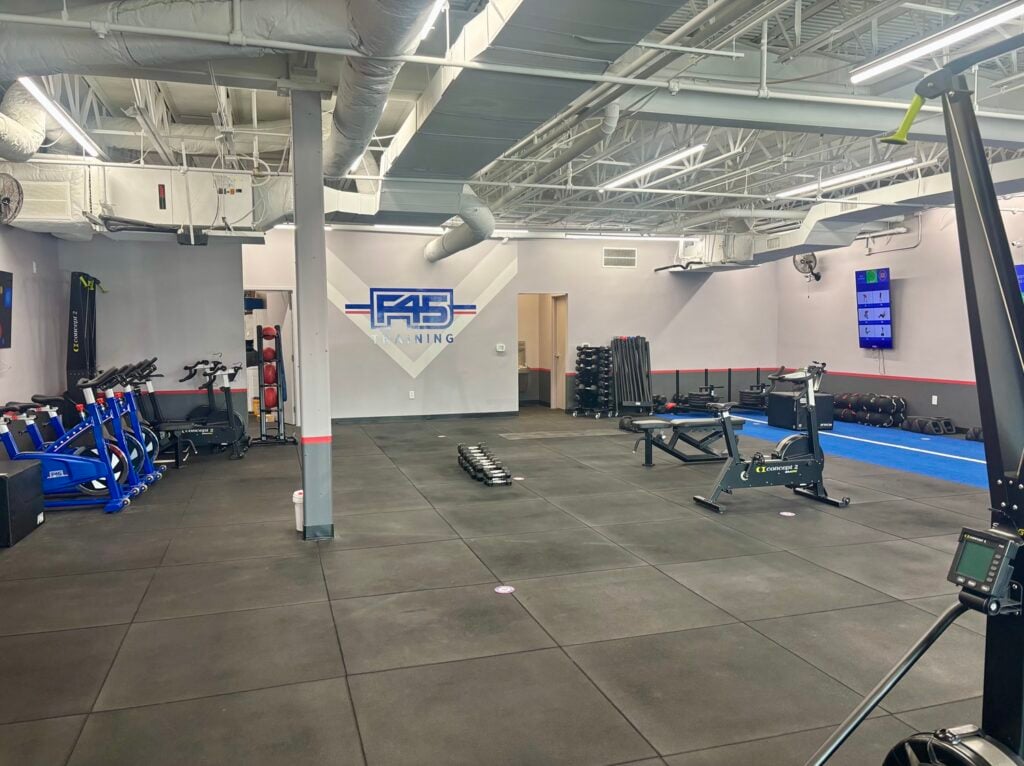Whether you’re planning to update your home or your business, painting is one of the most transformative (and budget-friendly) ways to refresh a space. But not all painting projects are created equal. Understanding the key differences between residential painting and commercial painting can help you choose the right contractor and approach for your job.
At Cumberland Painting, we specialize in both residential and commercial projects across Middle Tennessee. Here’s what separates the two types of projects and how to make the best decision for your property.

What Counts as Residential Painting?
Let’s start with the basics. Residential painting is what most people think of when they imagine painting a home, whether it’s the interior walls of a cozy bungalow or the exterior siding of a two-story house. It’s all about bringing warmth, personality, and fresh curb appeal to your private living space.
What’s Considered Commercial Painting?
Commercial painting, on the other hand, refers to large-scale projects such as offices, retail stores, restaurants, warehouses, and apartment complexes. It often requires specialized crews, industrial-grade equipment, and strict adherence to scheduling and safety protocols.
Now, let’s break down the differences even further.
Variables That Set Residential and Commercial Painting Projects Apart
1. Scope of the Project
Residential painting typically focuses on homes, and most projects are relatively small in scale — a few rooms, an exterior update, or even a single feature wall. These jobs are more personal and often done in lived-in spaces.
Commercial painting can mean painting thousands of square feet of walls or ceilings in a space that sees hundreds (or thousands) of people every day. These projects require more planning, bigger crews, and tight timelines to avoid disrupting business.
2. Type of Surfaces
Homes typically feature drywall, wood, siding, or stucco — materials that require a gentle touch and focused attention to detail.
Commercial spaces are more likely to include concrete, metal, or other industrial surfaces. These require different coatings and techniques to ensure durability in high-traffic areas.
3. Scheduling and Deadlines
With residential painting, we work around the homeowner’s schedule — often during regular business hours — with minimal disruption.
Commercial projects often occur outside of typical hours — overnight, on weekends, or during holiday closures to minimize disruptions to operations.
4. Equipment and Materials
Painting a home usually involves ladders, rollers, and painter’s tape. Painting a large facility or commercial space? That might require boom lifts, scaffolding, commercial sprayers, safety harnesses, and specialty coatings that meet building codes.
5. Project Management
In residential jobs, you usually speak directly with your painter or project manager, and decisions can be made quickly.
Commercial painting involves more layers, sometimes including property managers, contractors, and compliance officers. The communication and paperwork are more complex.
6. Design and Customization
Homeowners often get creative with their space, choosing colors, finishes, and styles that reflect their personality.
In commercial settings, paint is more functional — chosen to match a brand’s look and feel, withstand wear, or meet safety requirements. A bold blue in a home office might look great, but in a restaurant dining room, the goal may be durability and consistency.
Specialty painting and finishes offer an opportunity to enhance the aesthetic of both residential and commercial spaces. Techniques such as limewash or clay finishes can add texture and depth, allowing for a personalization that goes beyond simple color choices.
7. Cost Structure
The cost of a residential painting project is usually straightforward and based on time, materials, and square footage.
Commercial painting costs need to account for a lot more factors, including access logistics, specialized labor, equipment rental, and after-hours work. It’s more complex, and it’s priced accordingly.
8. Crew Size and Timeline
A small crew can often complete a home in a few days or a week. Commercial jobs, on the other hand, may require large teams working in shifts to meet deadlines across multiple floors or buildings.
9. Insurance and Licensing
Both residential and commercial painters should be licensed and insured, but the requirements can vary. Commercial work often requires more comprehensive coverage, higher bonding limits, and specific safety credentials.
FAQ: Residential Painting vs. Commercial Painting
Have more questions? We have answers. Here are some of the common questions customers ask.
Q: Can the same company handle both residential and commercial painting?
Absolutely. At Cumberland Painting, our team is trained and equipped to manage both types of projects with the right skill set and resources. We understand the nuances of working in someone’s home versus navigating a complex commercial job site.
Q: What makes commercial painting more complex than residential painting?
Commercial painting usually involves a larger scale, more specialized equipment, strict safety standards, and more stakeholders. It may also require work to be done at night or outside normal business hours to minimize disruption.
Q: How do I know if my project is residential or commercial?
If the painting is for your personal residence — like a house, condo, or apartment — it’s residential. If it’s for a building used for business, public access, or multi-family housing managed by a company, it’s considered commercial.
Q: Are commercial painting materials different from residential ones?
Yes. Commercial jobs often require high-durability, fast-drying paints, and coatings that can stand up to wear and comply with building codes. Residential projects prioritize aesthetics and indoor air quality.
Q: Will I need to leave my home or shut down my business?
Not necessarily. For homes, we may just ask that certain rooms be vacated temporarily. For businesses, we often schedule work to minimize downtime and keep operations running smoothly.
Q: What should I look for when hiring a painting contractor for either type?
Look for licensing, insurance, experience, and clear communication. Ask if they’ve handled projects like yours before, and request references. At Cumberland Painting, we’re happy to walk you through the process and provide examples of our work.
If you have more questions, let’s connect. We can help.
Choosing the Right Partner for Your Project
Whether you’re repainting your living room or refreshing your office exterior, choosing the right painter makes all the difference. At Cumberland Painting, our crews are trained to handle the specific demands of both residential painting and commercial painting. With us, you’re not just hiring painters — you’re partnering with a team that cares about your home or business as much as you do.
Ready to talk about your next painting project? Contact us for a free consultation, and let’s bring your vision to life.

